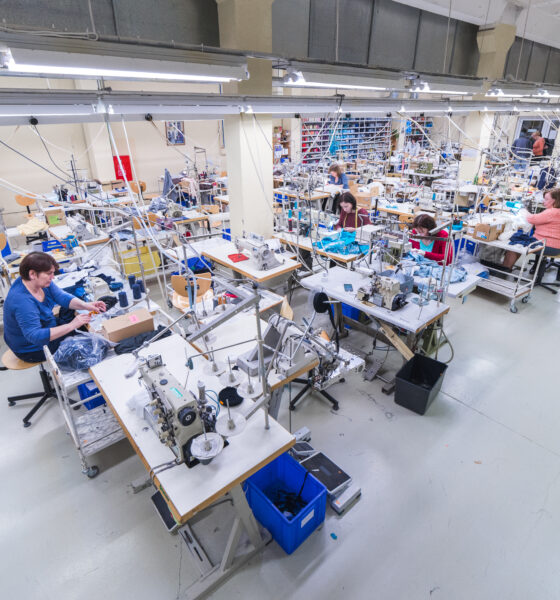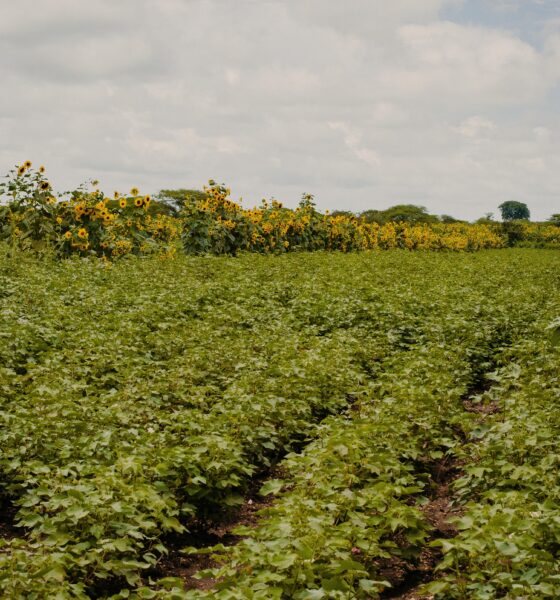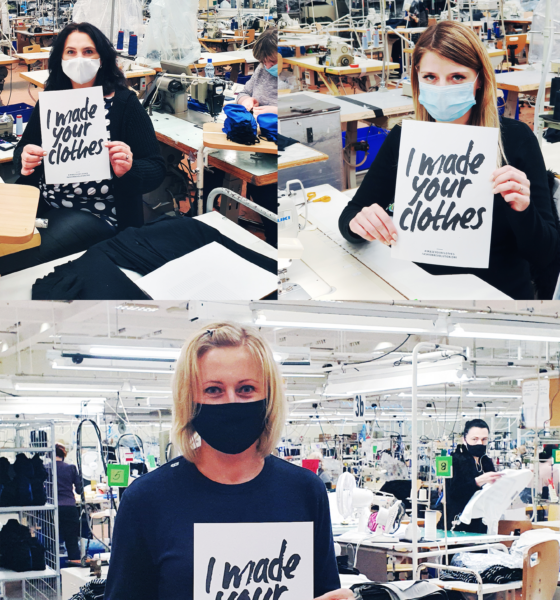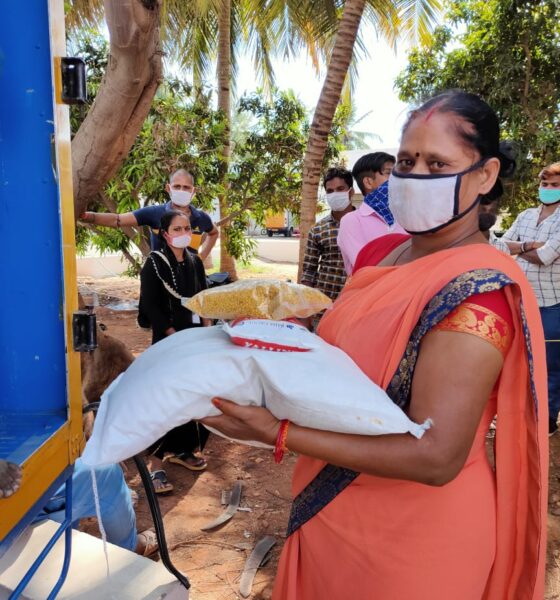
Update on the situation in the Remei supply chain
As network manager – Fibre to Fashion – in the future-oriented bioRe® business model, Remei is looking for socially, ecologically and economically acceptable solutions in close cooperation with production and trade partners in order to be able to meet the current Covid-19 situation.
For Remei, this includes not only direct dialogue and planning with partners in industrial production, but also the exchange and monitoring of information on the worsening situation of organic cotton farmers in India and Tanzania who, as raw material suppliers at the beginning of the textile chain, make their contribution. Unfortunately, this has not yet been discussed by the media, in particular in connection with the observation of the effects of the Covid-19 crisis on the textile industry.
The situation of farmers in India and Tanzania is getting worse
Due to the extended curfew in India, the GMO-free and controlled seeds needed for the current sowing cannot be ginned by bioRe India Ltd. and consequently cannot be distributed to small farmers. There is a risk that the bioRe® organic cotton farmers will not be able to sow in May. In Tanzania the start of the soon starting cotton buying season is delayed due to the ban on public assembly and the distance requirement and thus demands organisational solutions. Both situations affect the livelihoods of Indian and Tanzanian small farmers.


Production orders secured to stabilize the strong supply chains
In contrast to the radical, short-term cancellations in the global textile trade during the Covid 19 crisis, which had a disastrous effect on the factories and their workers, Remei wants to systematically maintain production orders in the existing supply chains.
So far we have accepted all completed orders for finished textiles from our producers in accordance with the contract, at the originally agreed terms of payment, paid in full and delivered them to our trade customers. This has been achieved mainly thanks to the responsible handling of the situation by our long-standing trading partners and the close relationships in our stable supply chain.
Production in Lithuania is not affected by a standstill
We have bioRe® Sustainable Textiles ranges produced exclusively in the supply chain developed and controlled by Remei over many years. Remei deliberately only manufactures finished textiles in India and Lithuania. At present, our long-standing production partner Utenos Trikotazas in Lithuania can work in the sewing room at maximum capacity and employs the largest part of the company’s staff there. Plans remain in place and are currently to be implemented unchanged in the coming months.
Extension of the lockdown in India – until 17 May 2020
The prolonged governmental lockdown until May 17, 2020, affects all Indians, and thus also bioRe® farmers, bioRe India Ltd., industrial workers, as well as entrepreneurs. The production in India is currently standing still. We are in contact with all production sites in the Remei production chain and follow the respective development of the situation.
As a solution provider for B2B customers, we are in the role of the buyer towards the production partners in India, and at the same time supplier to our trading partners. In the event of delivery shifts that will occur in India, we will seek solutions that are socially, ecologically and economically acceptable in mutual cooperation with the trading partners and producers.
On our part, we will keep up our production planning – with unavoidable delays in delivery – in order to be able to maintain our stable supply chain in India in the long term. We are aware that after the lockdown, production in India will only be possible with reduced capacities and that there will be delays. We are already in dialogue with our production and B2B trading partners and are planning early on.
There will only be one joint approach out of this crisis
The negative effects of the Covid-19 crisis on Remei’s business development are not yet foreseeable and will become apparent in the medium to long term. We plan and work with our producers in responsible delivery periods and look for solutions together,


